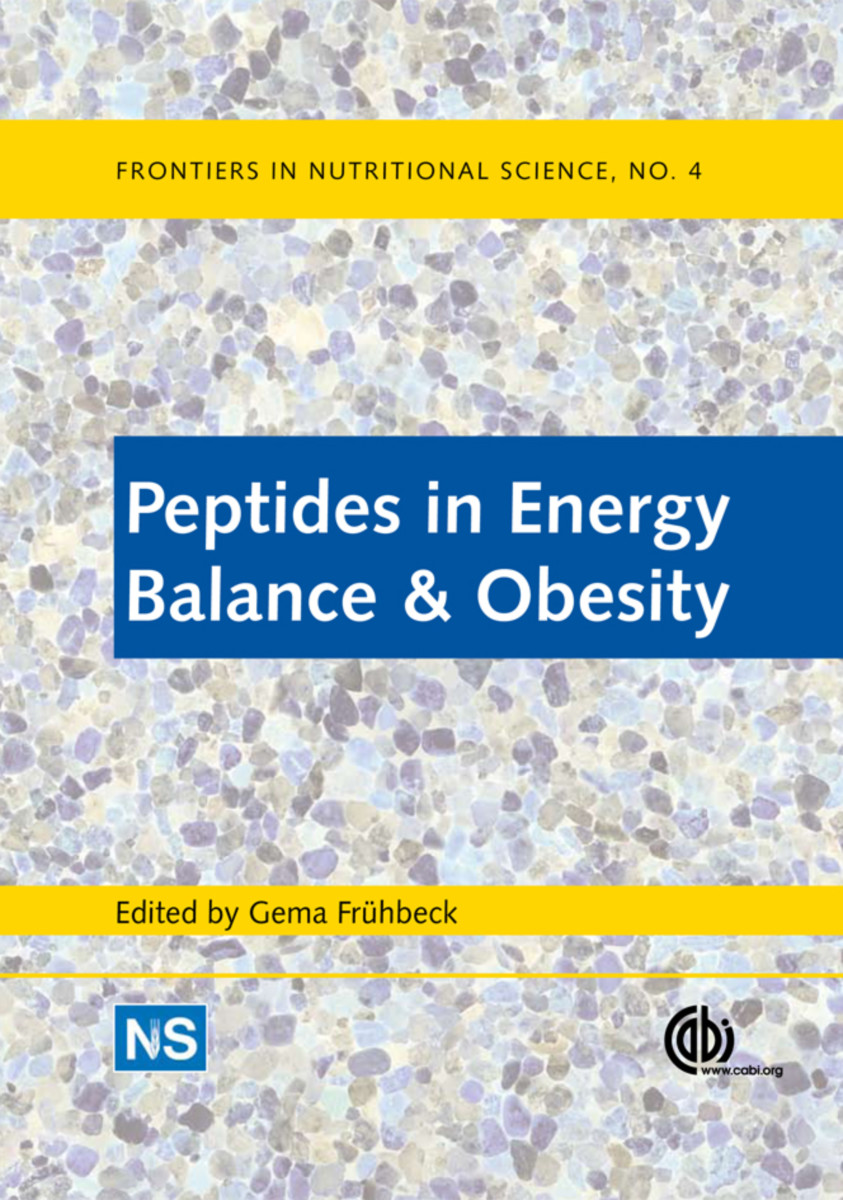Hardback
May 2009
9781845934071
More details
- Publisher
CABI - Published
19th May 2009 - ISBN 9781845934071
- Language English
- Pages 416 pp.
- Size 6.875" x 9.75"
$228.60
Obesity is one of the most relevant public health concerns today and it is now evident that body weight control is achieved through highly integrated physiological interactions like nutrient selection as well as being influenced by genetic and environmental factors. Moreover, energy balance regulation is a complex process aimed at maintaining constant energy stores. Presenting a detailed and comprehensive account of the roles of specific peptides in energy balance, food intake control and co-morbidities, this review provides a better understanding of the patho-physiology of energy balance and obesity.
Section 1: Central pathways involved in the control of food intake and energy expenditure
1. Orexigenic neuropeptides: Hypothalamic regulation of appetite, 2. Anorexigenic peptides, 3. “Newcomers and supporting actors”
Section 2: Peripheral signals participating in energy homeostasis and obesity – associated alterations
4. The gut as a second brain, 5. The adipo-hepato-insular axis in glucose homeostasis, 6. Elements of the adipostat, 7. Adipocytokines participating in the immune-stress response, 8. Peptides involved in vascular homeostasis, 9. Natriuretic peptides and other lipolytic peptides involved in the control of lipid mobilization
Section 3: Integrative Perspectives
10. Hierarchy of neural pathways controlling energy homeostasis, 11. Relevance of reward signals in the homeostatic control of energy balance, 12. Overview of the Integrative physiology of adipose tissue in energy homeostasis, 13. Is the energy homeostasis system inherently biased toward weight gain? A teleological molecular physiological and clinical view, 14. Embracing complexity: The emergence of functional neuroimaging and other methodologies to study the role of the human brain in the pathophysiology of obesity, 15. Application of “OMICS” strategies to obesity research, 16. Implications for the future of obesity management


